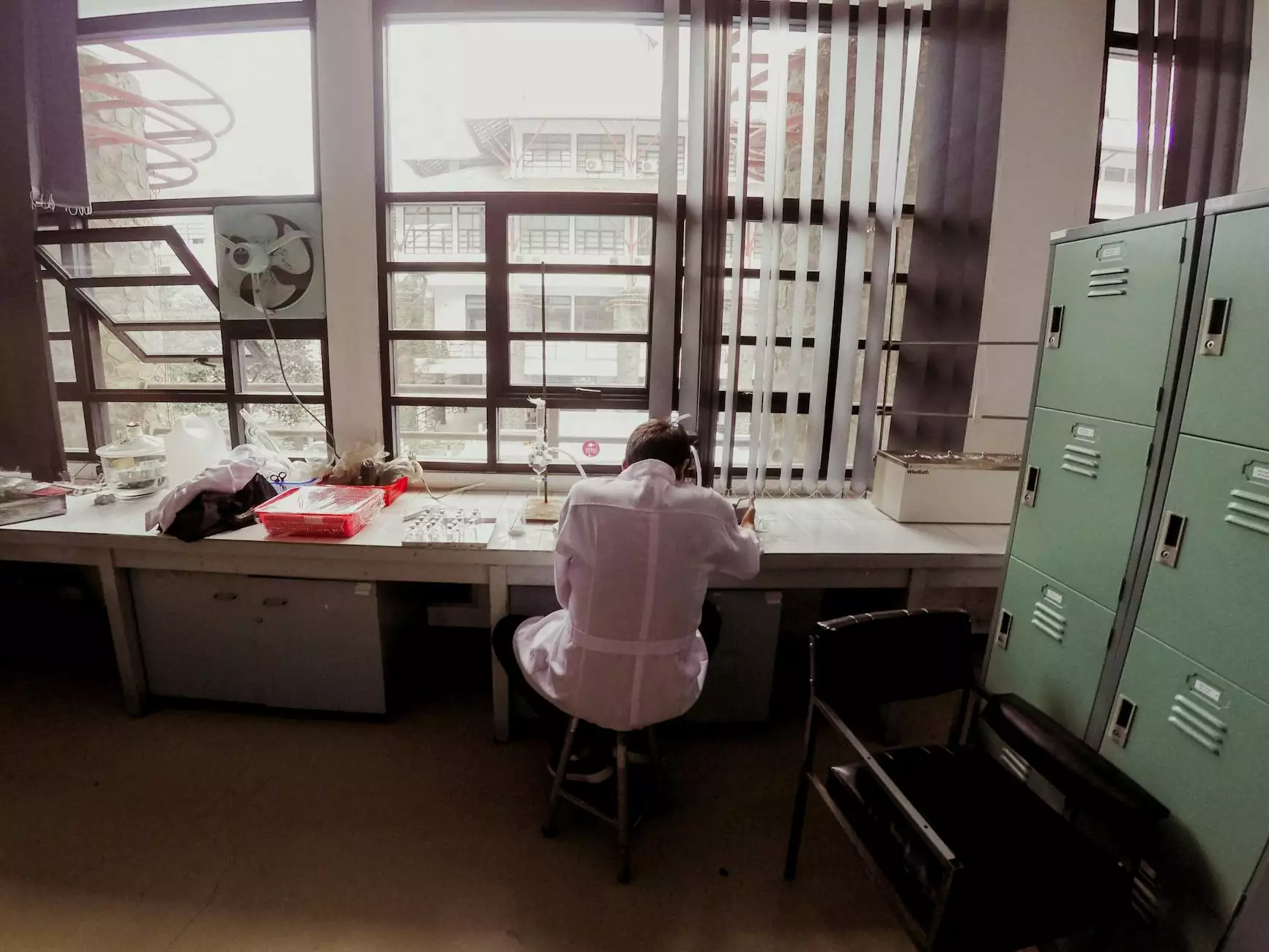Understanding the Reasons for Restless Leg Syndrome

Restless Leg Syndrome (RLS) is a neurological condition characterized by an irresistible urge to move the legs. This condition often profoundly affects the quality of life. In this extensive article, we will delve into the reasons for restless leg syndrome, its symptoms, diagnosis, and treatment options, emphasizing the importance of understanding and addressing it effectively.
What is Restless Leg Syndrome?
Restless Leg Syndrome, also known as Willis-Ekbom Disease, is a disorder that manifests as uncomfortable sensations in the legs coupled with the overwhelming urge to move them. Often described as a creeping, crawling, or tingling sensation, these symptoms can lead to significant discomfort, especially during periods of inactivity or at bedtime.
Symptoms of Restless Leg Syndrome
The primary symptoms of RLS include:
- Uncomfortable sensations in the legs, typically described as creeping or crawling feelings.
- An irresistible urge to move the legs, especially in the evenings or at night.
- Increased symptoms when at rest, whether seated or lying down.
- Temporary relief from symptoms when moving, such as walking or stretching.
- Difficulty sleeping due to discomfort, leading to daytime fatigue.
Reasons for Restless Leg Syndrome
Understanding the reasons for restless leg syndrome is crucial for appropriate management and treatment. Here, we outline several factors that may contribute to this condition:
1. Genetics
Research suggests that RLS can run in families, indicating a potential genetic predisposition. If you have a family history of the disorder, you may be at a higher risk for developing it yourself. Genetic mutations affecting iron metabolism and dopaminergic function have been identified in some individuals.
2. Iron Deficiency
One of the most significant contributors to RLS is iron deficiency. Iron is essential for dopamine production, a neurotransmitter that plays a critical role in controlling movement. Low iron levels in the brain can lead to worsening symptoms. Individuals with conditions leading to iron deficiency, such as anemia or chronic blood loss, should be evaluated for RLS.
3. Chronic Diseases
Several chronic conditions are associated with RLS, including:
- Kidney Disease: People undergoing dialysis frequently report symptoms of RLS.
- Diabetes: Neuropathy caused by diabetes can contribute to RLS symptoms.
- Parkinson’s Disease: The incidence of RLS is notably higher in those with Parkinson’s.
4. Neurological Disorders
RLS is often linked with certain neurological disorders. Conditions that affect the central nervous system can disrupt the pathways that regulate movement, exacerbating the symptoms of RLS.
5. Medications
Some medications may trigger or worsen RLS symptoms. These include:
- Antidepressants, particularly SSRIs.
- Antipsychotics.
- Some antihistamines.
- Beta-blockers.
6. Lifestyle Factors
Certain lifestyle choices and habits can contribute to the severity of RLS symptoms. These factors include:
- Lack of physical activity: A sedentary lifestyle may exacerbate symptoms.
- Alcohol consumption: Alcohol may worsen symptoms or lead to more frequent episodes.
- Caffeine use: Excessive caffeine can stimulate the nervous system, relaying an increased urge to move.
7. Pregnancy
Pregnancy can increase the risk of RLS, particularly during the third trimester. Hormonal changes, along with increased demand on the body and changes in iron levels, can contribute to the development of RLS during this period.
Diagnosing Restless Leg Syndrome
The diagnostic process for RLS involves a comprehensive evaluation, taking into account medical history, symptoms, and sometimes laboratory tests to assess iron levels or underlying conditions. The following steps are typically included in diagnosing RLS:
- Medical History: Discussion of symptoms and family history.
- Physical Examination: A thorough examination may help rule out other conditions.
- Sleep Study: In some cases, a sleep study (polysomnography) might be necessary to assess sleep disturbances related to RLS.
Managing and Treating Restless Leg Syndrome
Effective management of RLS can significantly improve quality of life. Treatment strategies may include:
1. Lifestyle Modifications
Making changes to daily habits can reduce symptoms. Consider incorporating the following:
- Regular Exercise: Engaging in moderate physical activity can alleviate symptoms.
- Sleep Hygiene: Establishing a regular sleep routine and environment is crucial.
- Minimizing Stimulants: Reducing caffeine and alcohol intake can help manage symptoms.
2. Dietary Adjustments
A balanced diet rich in iron can be beneficial. Incorporate foods such as:
- Lean meats: Beef and poultry.
- Beans and legumes: Excellent sources of iron.
- Nuts and seeds: Good for snacking while providing iron and protein.
3. Medication Options
In more severe cases, medication may be necessary. Options include:
- Dopaminergic agents: Such as ropinirole and pramipexole.
- Anti-seizure medications: Gabapentin can be effective in alleviating symptoms.
- Iron supplements: If anemia is present, supplementation may be indicated.
4. Alternative Therapies
Many individuals find relief through alternative therapies. Suggestions include:
- Massage therapy: Can help with muscle relaxation and pain relief.
- Acupuncture: Some studies suggest it may be beneficial for RLS symptoms.
- Yoga and stretching: May improve flexibility and reduce discomfort.
Conclusion
Restless Leg Syndrome is more than just an annoyance; it affects many people and can significantly impair daily functioning and overall well-being. Understanding the reasons for restless leg syndrome is vital for effective management and treatment. Through a combination of lifestyle changes, dietary adjustments, and possibly medication, individuals suffering from RLS can regain control over their lives and enjoy restful sleep.
If you are experiencing symptoms of RLS, it is essential to consult with a healthcare provider. The expert team at Truffles Vein Specialists is dedicated to helping patients find the most effective treatment for their individual needs. Don’t let RLS disrupt your life; take the first step towards a solution today!
reason for restless leg syndrome








